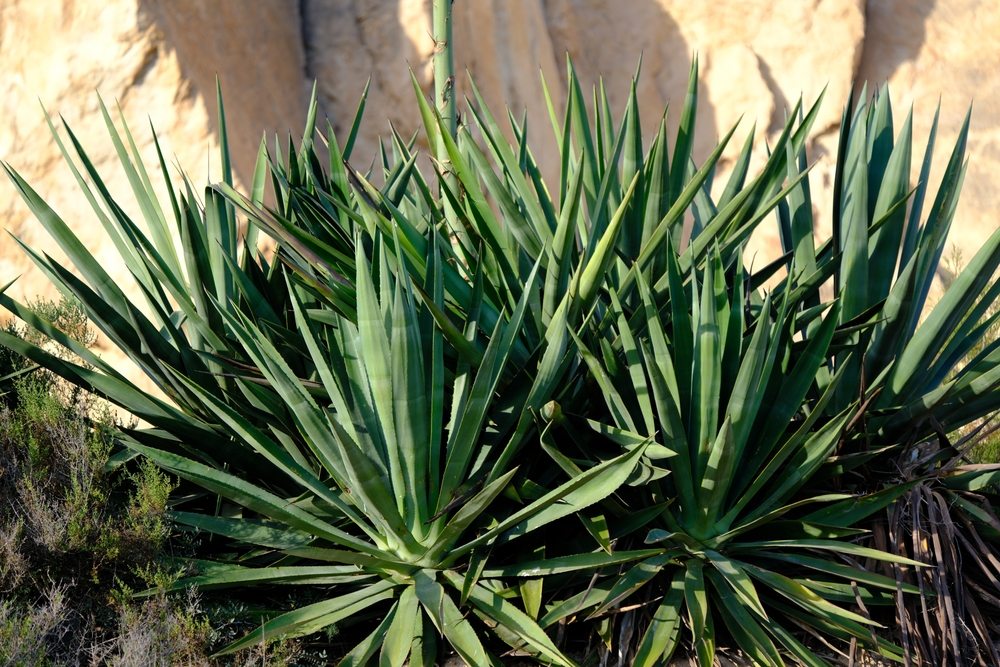How Genetic Certification Helps Protect Agave Biodiversity
How Genetic Certification Helps Protect Agave Biodiversity
Author
fotex
Share
Author
fotex
Share

The agave plant has long been a cornerstone in producing tequila, mezcal, and other spirits. As the demand for these drinks grows, so does the need to ensure the sustainability of agave farming. Genetic certification is one of the most important ways to protect the future of agave crops. But why is genetic diversity so crucial for agave plants, and how does certification play a role in preserving it? In this article, we will explore how genetic certification helps protect agave biodiversity, ensuring that the plants remain healthy, strong, and thrive for future generations.
The Importance of Preserving Agave Genetic Diversity
Genetic diversity in agave plants is critical for survival and producing high-quality products. Agave plants are resilient, but their genetic makeup plays a significant role in their ability to withstand pests, diseases, and environmental changes. Without a diverse genetic pool, the plants become more susceptible to these threats, leading to crop failure and, ultimately, species loss. By preserving genetic diversity, farmers can maintain a healthy population of agave plants that can adapt to future challenges, ensuring a consistent supply of the crops needed to create tequila and other agave-based products.
How Genetic Erosion Threatens Agave Crops
One of the biggest threats to agave biodiversity is the practice of monoculture farming. When only one or a few varieties of agave are planted over large areas, it can lead to genetic erosion, where the genetic diversity of the crop is dramatically reduced. This makes the plants more vulnerable to diseases and pests that might otherwise not threaten a more genetically diverse population. Monoculture farming can also decrease the quality of the final product, as the uniformity of the plants may result in less flavorful or aromatic agave. Genetic certification helps prevent this by ensuring that farmers are planting a diverse mix of agave varieties, which protects the plants and supports the creation of unique, high-quality spirits.
The Role of Genetic Certification in Agave Farming
Genetic certification is a vital tool for preserving the biodiversity of agave crops. By certifying the genetic lineage of the agave plants, farmers can ensure they are planting genetically diverse varieties that are resistant to common threats. Certification programs track the genetics of agave plants, ensuring that each crop is carefully selected and that the plants are sourced from trusted, sustainable growers. This process helps maintain the agave plants’ integrity over time, promoting healthier crops and better-quality products. With certification, farmers can avoid the risks associated with monoculture farming and ensure that the agave plants they cultivate are resilient and capable of thriving in a changing environment.
The Benefits of Genetic Certification for Agave Farmers
For farmers, genetic certification offers several benefits. First and foremost, it helps ensure the long-term health of their crops by promoting genetic diversity. This leads to more resilient agave plants that can adapt to environmental pressures, disease, and pests. Certification also supports creating higher-quality agave products, as diverse varieties tend to produce more complex and nuanced flavors. Furthermore, genetic certification can enhance a farmer’s reputation in the marketplace, as consumers and businesses increasingly seek sustainably sourced and genetically diverse products. By investing in genetic certification, farmers protect the future of agave farming and improve the quality and marketability of their products.
The Importance of Preserving Agave’s Genetic Legacy
Agave farming is more than just an agricultural practice; it is a tradition rooted in history and culture. By preserving the genetic diversity of agave crops, farmers can ensure that future generations will continue to enjoy the unique flavors and qualities that make agave-based spirits so special. Genetic certification is an essential tool in this effort, helping to prevent genetic erosion and promoting the sustainability of agave farming. Whether you are a farmer, producer, or consumer, supporting genetic certification efforts is a step toward a more sustainable and diverse future for the agave industry. Protecting agave biodiversity today ensures that the plants will thrive for generations.
At The Agave Farm, we are committed to preserving the rich genetic diversity of agave plants and ensuring the future of high-quality agave-based products. Our dedication to sustainable farming practices and genetic certification helps protect both the plants and the industry. If you’re looking to create something exceptional, whether refining a current formula or starting a new venture, we are here to support you every step of the way. Contact us today, and let’s craft a future full of exceptional agave—one plant at a time.

